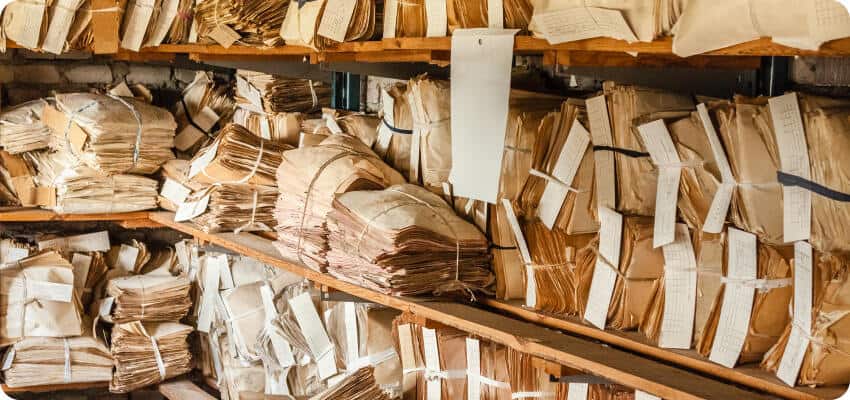How To Recycle Paper

For businesses looking to adopt paper recycling practices, understanding the various aspects – from the practical steps to the financial incentives and legislative mandates – is crucial. Here’s an informative guide on how to efficiently recycle paper and potentially benefit from it.
How To Recycle Papers

Practical Steps:
For a business to successfully implement a paper recycling program, the first step is to set up designated collection bins specifically for paper. Employees should be educated about what types of paper can be recycled – from newspapers and magazines to office papers and cardboard.
Environmental Impact:
By recycling paper, businesses actively contribute to saving trees, reducing landfill waste, and conserving energy. It’s estimated that recycling one tonne of paper can save 17 trees and reduce greenhouse gas emissions.
How To Recycle The Paper

Technical Aspects:
The paper, once collected, goes through a series of technical processes – pulping, de-inking, refining, and finally, turning into new paper products. Advanced recycling plants now use less water and energy, making the process more efficient than ever.
Legislative Angle:
Many countries have regulations in place that mandate businesses to recycle. By staying compliant, businesses not only contribute positively to the environment but also avoid potential legal complications and penalties.
Can I Get Money For Recycling Paper
Financial Incentives:
Yes, businesses can benefit financially from recycling paper. Many recycling facilities offer monetary compensation based on the weight and quality of the paper delivered. This not only offsets the cost of waste management but can also become an additional revenue stream.
Practical Considerations:
To maximise returns, businesses should ensure that the paper waste is sorted correctly and is free of contaminants. The cleaner the paper, the higher the value it can fetch in the recycling market.
Can Uou Get Paid For Recycling Paper

Economic Perspective:
Paper recycling isn’t just an environmental initiative; it’s also an economic opportunity. The global demand for recycled paper has been on the rise, leading to a competitive market where quality matters.
Environmental Benefits:
Beyond the financial gains, businesses should recognise the positive environmental impact of recycling. For every tonne of paper recycled, we not only save trees but also reduce the energy and water footprint associated with paper production.
By integrating effective paper recycling practices, businesses can enjoy both financial rewards and the satisfaction of contributing to a sustainable future.
